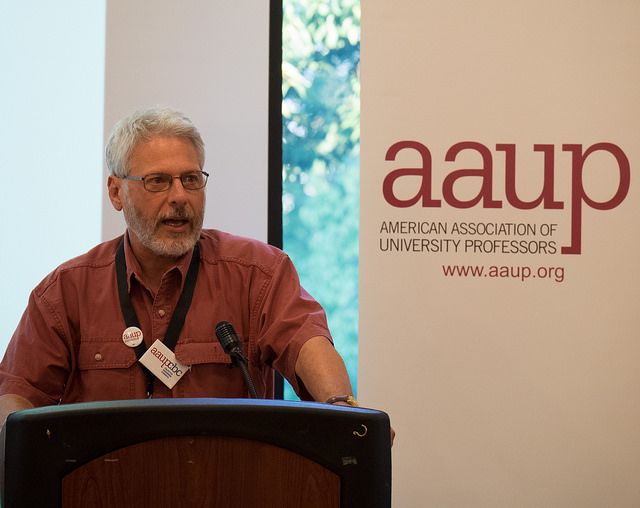A new legal challenge is pushing the boundaries of free speech protections in the United States — this time, on behalf of foreign nationals. A group of professors affiliated with the American Association of University Professors (AAUP) is now asking a federal court to expand a previous ruling on student speech to explicitly shield non-citizens from visa consequences for expressing what the government may interpret as support for terrorism, including sympathy for designated foreign terrorist organizations like Hamas.
At the heart of the dispute is a landmark win the AAUP secured in September, when a court ruled that non-citizens lawfully present in the U.S. “actually have the same free speech rights as the rest of us.” Now, the group wants to take that a step further.
According to reporting from The Harvard Crimson, AAUP has submitted a list of pro-Palestine statements and is urging the court to preemptively block any federal attempt to retaliate against foreign students or academics for expressing those views — even if they are perceived as sympathetic to terrorism.
The move comes in the context of heightened federal scrutiny of campus protests, particularly those erupting in response to the Israel-Hamas conflict. Some demonstrations have escalated into vandalism, violent altercations, and occupations of university buildings. In response, the Biden administration, and later the Trump administration in his second term, began pursuing stronger enforcement mechanisms, particularly against foreign nationals on student visas.
One such mechanism, announced in March, included the State Department’s use of artificial intelligence to scan international students’ social media accounts for anti-American content or statements supportive of terrorism. Civil liberties advocates were immediately alarmed, while national security officials argued the policy was both necessary and overdue.
But efforts to translate those concerns into action have repeatedly faltered in federal court. The Department of Homeland Security’s revocation of Harvard’s certification to host international students in May was quickly blocked by a federal judge. A subsequent executive order from President Trump aimed at achieving the same result met a similar fate.
Now, the AAUP and its Harvard chapter are seeking broader protections, asserting that the government should not be allowed to strip visas or deport individuals based on their political speech — no matter how controversial or inflammatory that speech might be.
The debate here is layered and fraught with competing principles: national security versus free expression, immigration enforcement versus academic freedom. Critics argue that allowing non-citizens to vocally support terrorist groups undermines public safety and weakens immigration controls. Supporters counter that the First Amendment — if it’s to mean anything — must apply equally to all people within U.S. borders, not just citizens.
The court’s response to this latest filing could have significant implications for how universities handle foreign students in a volatile political environment — and for how far the government can go in policing speech tied to global conflicts.


